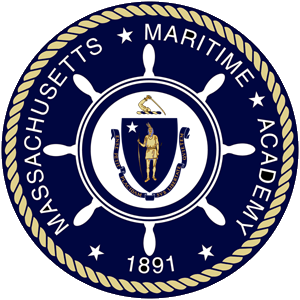OICEW-4-1C
Engineering watchkeeping
Condition
While performing the duties of the Cadet Engineer or Assistant Cadet Engineer of the watch aboard the training ship, or on a simulator, or in a laboratory.
| Behavior |
Standard |
| The student will: |
During assessment, the student shall, at a minimum: |
|
make a thorough round before taking over the watch
|
- meet the standards set forth in assessment OICEW-4-1A Inspect machinery spaces before assuming watch
|
|
take over the watch
|
take over the watch in accordance with STCW Code A-VIII/2 part 4-2 principles to be observed in keeping an engineering watch meet the standards set forth in assessment OICEW-4-1B (Watch relief) discuss current plant conditions before exchanging the watch seek clarification from the off-going watch before taking over the watch if plant conditions, standing orders, special instructions, etc., are not clearly understood
|
|
perform the watch
|
|
|
respond to alarms
|
- acknowledge alarm
- verify alarm condition
- assess cause of alarm condition
- take corrective action, or request assistance if necessary
|
|
operate internal communications systems
|
- communicates with bridge via sound-powered phone
- answer the phone by stating location, rank, and name, and rank
- simulates communication via two-way radio
|
|
respond to bells during maneuvering
|
- record shaft counter and fuel oil meter reading at standby, departure, and arrival
- acknowledge bridge commands by matching engine order telegraph with order from the bridge
- quickly adjust throttles to meet bridge command without causing boiler pressure to exceed limits
- make appropriate and legible entries into bell book to record all bridge command and responses
|
|
fill out the logbook
|
- enter accurate data
- make neat entries in blue or black ink
- keep logbook clean
- note any changes in machinery status, significant events, or casualties
- make corrections with a single line only and initial
- sign log at end of watch
|
|
hand-over the watch
|
|
Documents
See the Engineering Assessment Guidelines for additional specifications of behavior and standards.
Note: This assessment supports KUP OICEW-A1.1, and is assessed in EN-4231 Sea Term IV: Marine Engineering.
